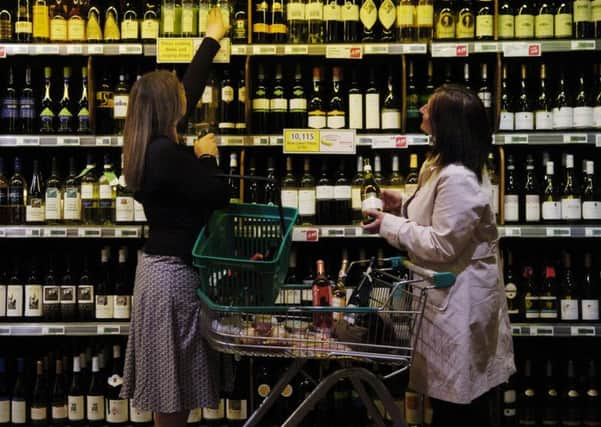Big chains ‘take over high street’


Paul Waterson, of the Scottish Licensed Trade Association (SLTA), which represents pubs and clubs across Scotland, said there were now five or six big operators who were dominating alcohol sales.
It comes as a Scottish Parliament committee considers a Bill outlining new licensing legislation and received a petition about supermarket chains taking over smaller premises in high streets with “express” or “metro”-style stores.
Advertisement
Hide AdAdvertisement
Hide AdWhen asked if these businesses were “taking over the market”, Mr Waterson replied: “They blitzkrieg their way through, the supermarkets.”
The SLTA chief executive added: “I certainly don’t speak for convenience stores but through time these sites – and we’ve seen it happening in Edinburgh – the best sites will be snapped up by the big operators and we will lose independent operators.
“I certainly don’t want to lose independent operators because that gives people choice. We will end up as we have already, with five or six operators dominating the alcohol market in Scotland.”
But he added: “I think legislation is there in licensing to try to redress that balance.”
Advertisement
Hide AdAdvertisement
Hide AdJohn Lee, of the Scottish Grocers’ Federation, told MSPs that the smaller stores were “under severe pressure” from big operators.
He stressed that when local licensing boards are considering applications to sell alcohol that each of these should be “judged on its merits regardless of who it comes from”.
The SLTA has previously called for a freeze on new alcohol permits for Edinburgh and railed against a “two-tier” licensing system: one for the “big players” who can afford to challenge decisions in court and another for the “smaller, independent shop owner”.
At the committee hearing, Paul Waterson argued that having too many licensed premises was one cause of sales of cut-price drink – a problem the Scottish Government is seeking to tackle with the introduction of minimum pricing.
Advertisement
Hide AdAdvertisement
Hide AdHe said: “The ultimate situation with over-provision is you get over-competition, and it’s over-competition that is responsible for the downward pressure in price, which creates the problems we’ve had to try to implement minimum-unit pricing for.
“If minimum-unit pricing is the short-term answer to this cut pricing, then over-provision is the answer to that.”
Mr Waterson stressed: “We want a trade based on quality of premises, not on quantity.”